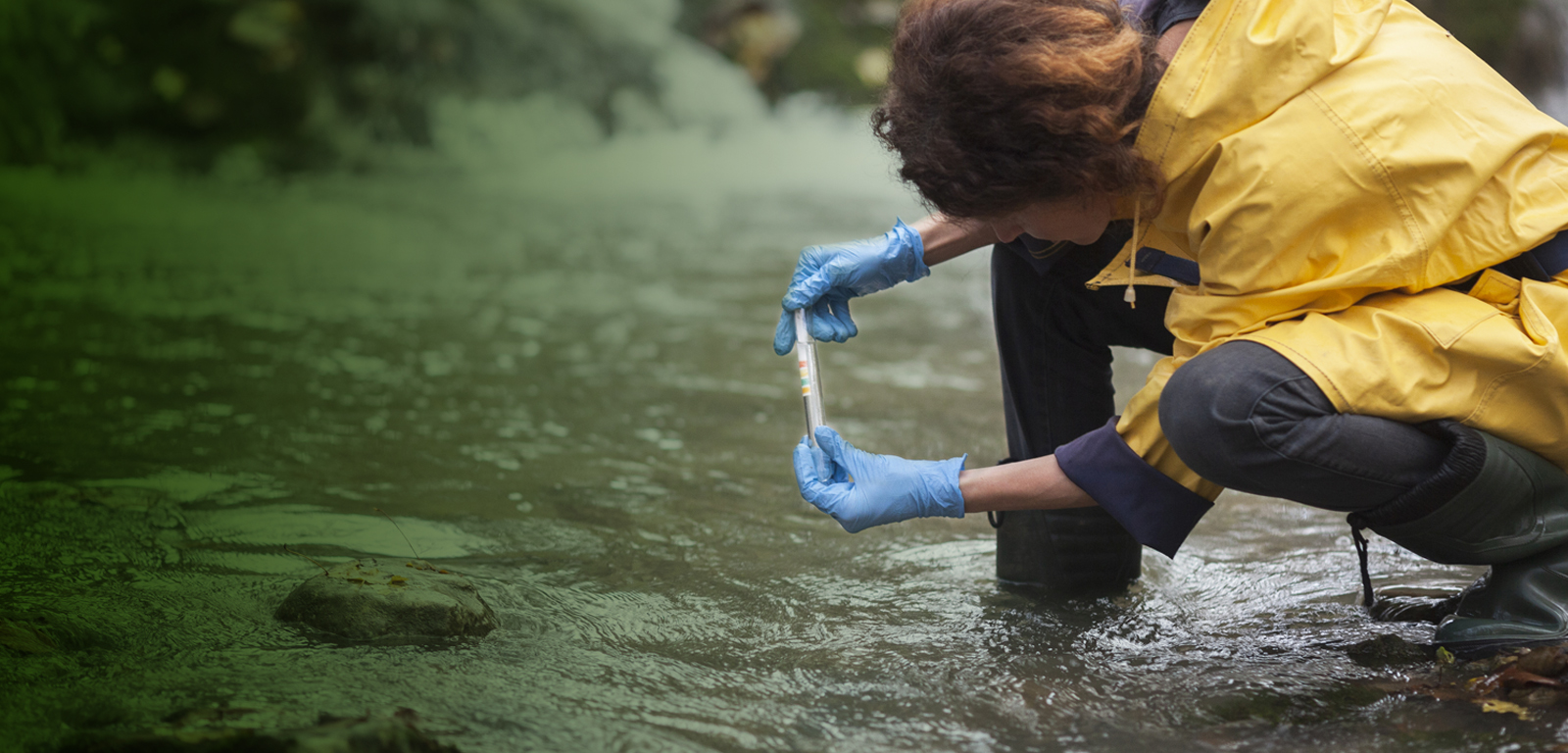Subject
Marine Ecology
General details of the subject
- Mode
- Face-to-face degree course
- Language
- English
Description and contextualization of the subject
Foundations of marine ecology. Biodiversity or marine organisms. Sampling techniques in marine ecology. Case studies. Marine ecosystems modelling.Aims
¿ To provide an introduction to ecology focuses on specific marine ecological concept, covering interactions between marine organisms and the environment at scales of populations, communities, and ecosystems.
¿ give a basic knowledge of ecological characteristics and processes in the marine environment.
¿ show the importance, complexity and fragile aspects of different types of marine habitats.
¿ to conceptualize, parameterize and implement mathematical models of marine biogeochemical processes
Objectives
At the end of the Unit, you should:
1. acquire stable foundations in ecology and to form with the ecological reasoning applied in marine environment.
2. be able to explain the factors that determine the spatial and temporal distributions and abundance populations and communities of marine organisms in relation with biotic and abiotic factors.
3. be able to apply ecological principles
4. be familiar with the tools and procedures to conduct ecological surveys in particular ecosystems
Key Skills Acquired
At the end of the Unit, you should be able to:
1. perform sampling in marine ecology and identify target taxa in marine communities
2. collect, analyse and interpret marine ecological data.
3. work constructively both independently and collaboratively and communicate effectively about Marine Ecology (issues and ideas) using language that can be understood by the public and scientists.
Teaching staff
| Name | Institution | Category | Doctor | Teaching profile | Area | |
|---|---|---|---|---|---|---|
| ORTIZ ZARRAGOITIA, MAREN | University of the Basque Country | Profesorado Agregado | Doctor | Bilingual | Cellular Biology | maren.ortiz@ehu.eus |
Competencies
| Name | Weight |
|---|---|
| unas bases de ecología estables y combinarlas con el razonamiento ecológico aplicado al medio marino. | 70.0 % |
| Concebir una síntesis integrada de las distintas facetas del mundo del arrecife. | 30.0 % |
Study types
| Type | Face-to-face hours | Non face-to-face hours | Total hours |
|---|---|---|---|
| Lecture-based | 30 | 45 | 75 |
| Seminar | 10 | 15 | 25 |
| Applied laboratory-based groups | 10 | 5 | 15 |
| Applied fieldwork groups | 10 | 25 | 35 |
Training activities
| Name | Hours | Percentage of classroom teaching |
|---|---|---|
| Acquiring basic fieldwork skills | 35.0 | 26 % |
| Acquiring basic instrumental skills | 15.0 | 67 % |
| Expositive classes | 75.0 | 40 % |
| Information presentation | 25.0 | 40 % |
Assessment systems
| Name | Minimum weighting | Maximum weighting |
|---|---|---|
| Oral examination | 55.0 % | 75.0 % |
| Practical tasks | 15.0 % | 40.0 % |
| Questions to discuss | 15.0 % | 50.0 % |
Learning outcomes of the subject
At the end of the Unit, you should be able to:1. perform sampling in marine ecology and identify target taxa in marine communities
2. collect, analyse and interpret marine ecological data.
3. work constructively both independently and collaboratively and communicate effectively about Marine Ecology (issues and ideas) using language that can be understood by the public and scientists.
Temary
1. Foundations of marine ecology (biomass, production, nutrient cycles, inter-individual relationships and impact of soil factors on organisms)2. Description of the biodiversity or marine organisms,
3. Sampling techniques in marine ecology
4. Detailed description of three particular ecosystems: the posidonia field in the Mediterranean Sea (5 hr), coral reefs and abyssal environments (more particularly, hydrothermal vents).
Bibliography
Basic bibliography
Ppt presentation with lectures available to students.Syllabus and CD-Rom with the PowerPoint files and a copy of the software used at the time of the TP (ReefCheck and CoralWatch) available to students


